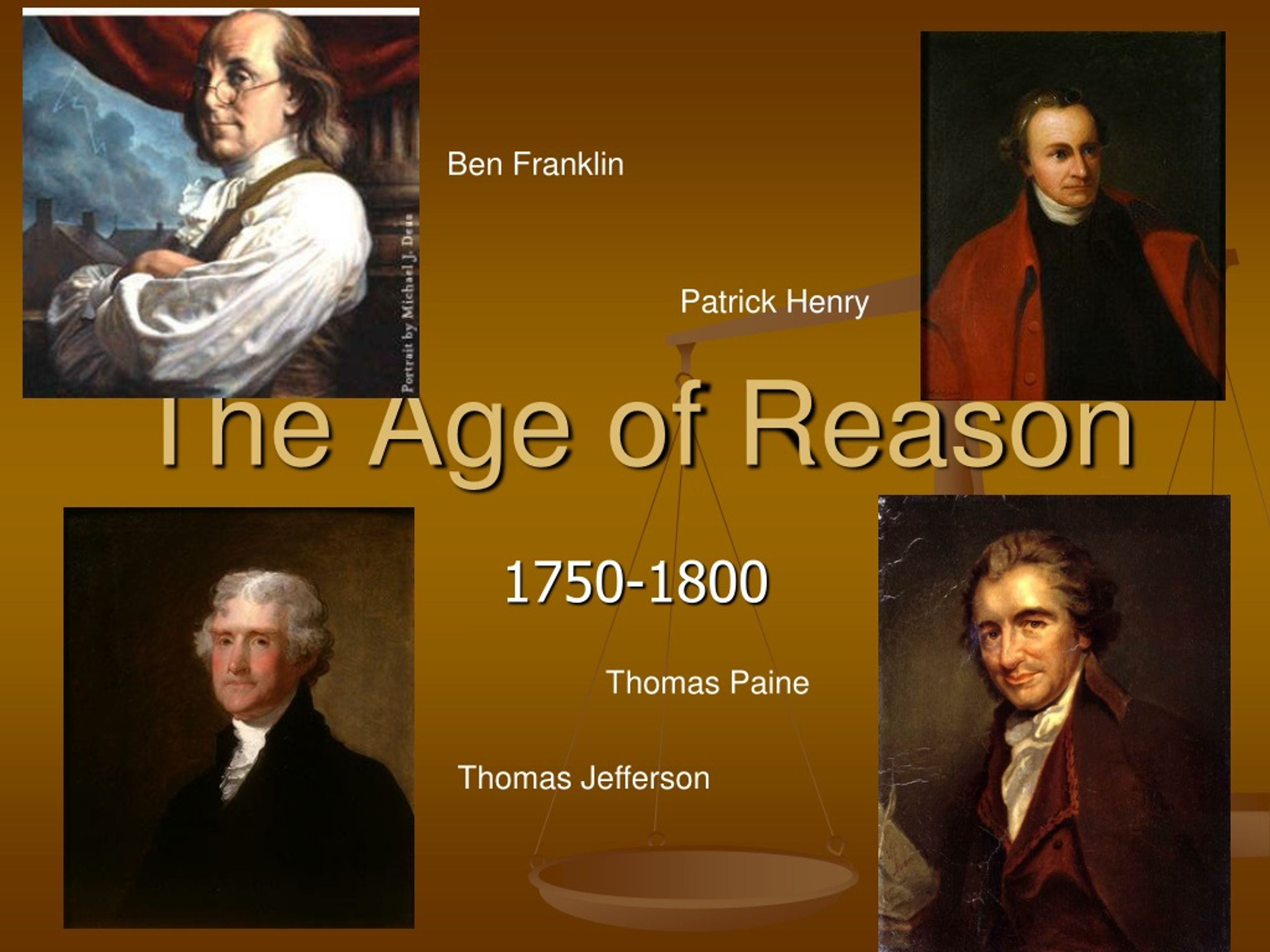
Satire is an ancient form of rhetoric that pokes fun at folly or vice with the moral purpose of correcting the error. He starts off by putting all the emphasis on “delight,” but immediately retreats and adds “instruction,” and then seems to suggest that “delight” is important because it is necessary for instruction-which makes us wonder if teaching is more important after all.Īs noted, the two other types of poetry most characteristic of the age are satire and sentimental poetry. Pope’s predecessor, John Dryden, tried to work out the relationship between teaching and pleasure this way: “Delight is the chief, if not the only end of poetry instruction can be admitted but in the second place for poesy only instructs as it delights.” Notice that he is struggling to maintain his preference for pleasure. All writers admitted both were important, but which one should be subordinated to the other? What was the principle end, or purpose, of poetry? The two main poles of the eighteenth-century debate can be characterized by the two words “teach” and “delight.” The question was whether poetry should primarily teach us about the world or give us pleasure.

There was then, as always, a debate about the nature and proper use of poetry. But, as noted above, that was not the whole story. Reason grew to be more central to poetry than it had ever been. In these poems England’s premier poet gave us first an explanation in heroic couplets of what poetry is and how it works, and a philosophical work aimed at “vindicat the ways of God to man.” In “An Essay on Man,” Pope translates the work of the German philosopher Gottfried Leibniz into verse.ĭelight, Satire, and the Limits of Reason Alexander Pope’s “An Essay on Criticism,” and “An Essay on Man,” are the two most important examples. But among the most characteristic poetry of the age was the essay poem.

As we’ll see below, both sentimental poetry and satire also rose to high prominence at the time, and neither of these makes a direct appeal to reason. That does not mean that all poems were conceived of as making logical arguments bent on establishing objective truth through reason. It came to be believed in the eighteenth century that nature was best understood through reason, so poetry became more closely aligned to reason. And poetry was still expected to “imitate nature.” But in the eighteenth century, poetry became more aligned with the humanist project of understanding nature (including human nature) through reason than it ever had been before. And poets were still thought of as artists-in fact, being an artist was an even bigger deal in the eighteenth century than it had been in the previous two centuries. Poetry was still thought of as a moral force (or, if misused, as an immoral force). You could still do all the things in poetry you could do in any kind of language, and there were still love poems, and lyric poems, and narrative poems. Poetry was still thought of as elevated language. This is perhaps the biggest change in poetry from the Renaissance to the Enlightenment. If we lived in this era, we’d expect to reason not only about poems but also in poems.

This is not at all surprising in the Enlightenment, which was officially sexist and, more importantly for our concerns, devoted to the idea that reason is the primary means through which humanity will lead itself out of error and into truth. So he will condescend to give her the means by which she can better understand what is going on in the poem. Once again, we see here how important it is for the poet that his poem not be “open for interpretation.” He’s afraid the lady might not understand his great work properly. As we will see however, we will need to understand more than reason to understand the poetry of the era.Ĭommenting on one of his poems to the young woman who inspired it, Alexander Pope-the premier English poet of the eighteenth century-wrote: “I know how disagreeable it is to make use of hard words before a lady but ’tis so much the concern of a poet to have his works understood, and particularly by your sex, that you must give me leave to explain two or three difficult terms” (italics added). It is the age of the philosophy of John Locke and the science of Isaac Newton. Advancing the project of the Renaissance, it was a time that yearned to use logic or reason to raise history out of the darkness of superstition and establish a verifiable knowledge of the world. The period that coincides roughly with the Eighteenth century is known by various names: The Enlightenment, The Neo-Classical Age, The Augustan Age, and The Age of Reason.


 0 kommentar(er)
0 kommentar(er)
